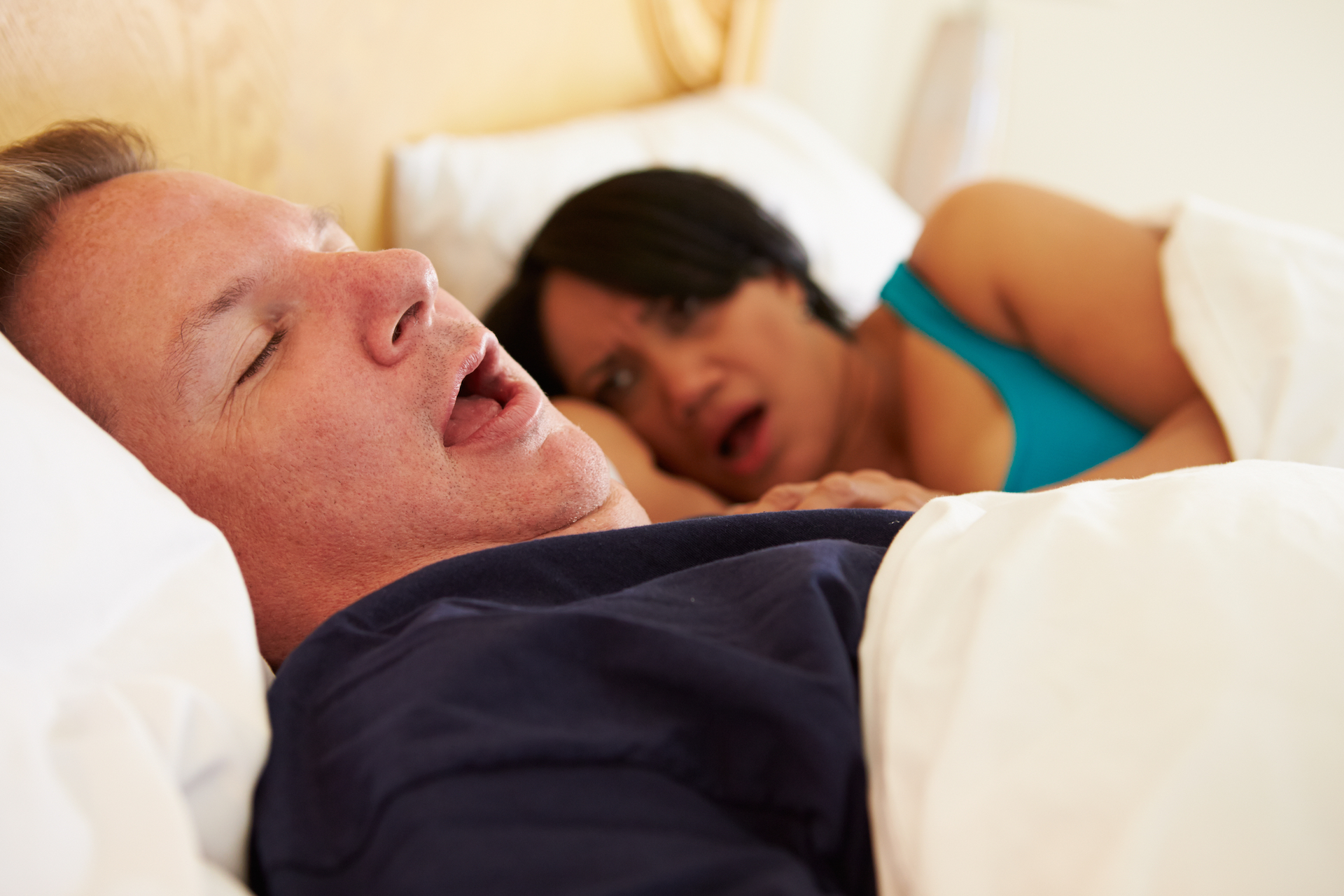Sleep Apnea Treatment: Understand, Diagnose, and Treat Effectively at Clinique Dentaire Dr. Rita Issa
What Is Sleep Apnea?
Sleep apnea is a common breathing disorder that involves repeated pauses in breathing during sleeping. These interruptions, called apneas, can last from a few seconds to more than a minute and may occur dozens or even hundreds of times each night. They disturb the quality of your rest time and, if left untreated, can lead to daytime fatigue, poor concentration, and more serious health issues.
Types of Sleep Apnea
There are two main types of sleep apnea:
- Obstructive Sleep Apnea (OSA): The most common form, caused by the relaxation of throat muscles, which blocks the airway during sleeping.
- Central Sleep Apnea (CSA): Less common, this occurs when the brain fails to send proper signals to the muscles that control breathing.
Some people may experience a combination of both types, called complex sleep apnea.
Common Sleep Apnea Symptoms
The symptoms can vary but often include
- Loud and persistent snoring
- Breathing pauses
- Choking or gasping during sleeping
- Morning, daytime fatigue
- Excessive daytime sleepiness
- Difficulty concentrating and memory issues
- Mood swings or irritability
- Morning headaches
- Dry mouth or sore throat upon waking
If you experience several of these symptoms, it is important to seek professional evaluation.
Risk Factors
Several factors can increase the likelihood of developing sleep apnea, including:
- Anatomical airway issues
- Excess weight
- Sleep apnea is hereditary too
- A large neck circumference
- Aging
- Family history of sleep apnea
- Alcohol or sedative use
- Smoking
Possible Complications
Untreated sleep apnea can lead to serious complications, such as:
- High blood pressure
- Heart disease
- Stroke
- Type 2 diabetes
- Irregular heart rhythms
- Depression and anxiety
- Accidents due to drowsiness at work or on the road
Diagnosing Disorder
Diagnosing sleep apnea typically involves a deep study at the time of sleeping, either in a sleep lab or with a home test. This test records various body functions during sleep, such as brain activity, breathing patterns, oxygen levels, and heart rate, to determine the presence and severity of sleep apnea, as well as its type (obstructive, central, or mixed). You can get answers to is sleep apnea genetic, or is sleep apnea inherited in you?
Sleep Apnea Treatment Options
Treatment for sleep apnea depends on the cause and severity. Options may include:
- Lifestyle Changes
- Weight loss: Losing excess weight can greatly reduce or even eliminate apnea episodes.
- Avoiding alcohol and sedatives: These substances relax throat muscles and increase the risk of airway blockage.
- Quitting smoking: Smoking can increase inflammation and fluid retention in the airway.
- Sleep position: Sleeping on your side can help keep your airway open.
- CPAP Therapy
Continuous Positive Airway Pressure (CPAP) is the standard treatment for moderate to severe OSA. It uses a device that delivers a constant stream of air through a mask to keep the airway open. While effective, not all patients tolerate it well.
3. Oral Appliances: The Mandibular Advancement Device
Custom-made oral appliances, or mandibular advancement devices, are a highly effective treatment for mild to moderate OSA and for patients who cannot tolerate CPAP, even if the sleep apnea is severe. These devices gently reposition the lower jaw forward to prevent airway collapse during sleep.
The Mandibular Advancement Device is:
- Comfortable
- Quiet
- Easy to travel with
- A non-invasive alternative
- Surgical Options
In some cases, surgery may be recommended to address anatomical causes of airway obstruction. This could involve:
- Removal of excess tissue from the throat
- Correcting a deviated nasal septum
- Jaw repositioning procedures
The Dentist’s Role in This Treatment
Dentists trained in dental sleep medicine play a crucial role in identifying and treating sleep apnea, especially for patients with mild to moderate cases or those who cannot use a CPAP, even if their sleep apnea is severe. With specialized training, a dentist can custom design and adjust oral appliances to improve breathing during sleep.
Oral appliance therapy is a non-invasive, user-friendly approach that can significantly improve sleep quality, reduce snoring, and decrease health risks associated with untreated apnea.
Why Choose Clinique Dentaire Dr. Rita Issa?
At our sleep apnea clinic, our experienced team works closely with sleep physicians to provide fully personalized care like you can get sleep apnea test at home.
Dr. Rita Issa, your sleep apnea dentist, takes the time to evaluate your sleep apnea symptoms and find the right sleep apnea treatment for your needs.
Dr Issa offers:
- A patient-centered approach
- Custom-fitted oral appliances
- Detailed follow-ups and adjustments
- A commitment to your sleep, health and overall well-being
Our goal is to help you sleep better, feel better, and live a longer and healthier life.
Book a Consultation Today
If you are diagnosed with a mild, moderate or severe disorder
If you have the symptoms but you are not diagnosed yet (such as snoring, morning or daytime fatigue, etc…)
If you do not tolerate the CPAP
CONTACT US TODAY to BOOK A CONSULTATION.


